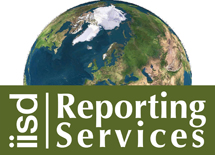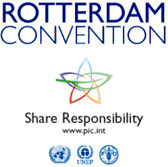
|
||||||||||||||||||||||||||||||||||||||||||||||||||||||||
Monday, 9 October - Tuesday, 10 October - Wednesday, 11 October - Thursday, 12 October - Friday, 13 October
|
||||||||||||
L-R: Albert Yoka and Benjamin Dzaba-Boungou, Ministry of Economics, Forests, and Environment of the Democratic Republic of Congo.
 |
 |
 |
|||||
|
Osvaldo Alvarez, GRULAC coordinator, Chile
|
Jan-Karel B.H. Kwisthout, VROM
|
Atle Fretheim, Norway
|
|||||
Monday, 9 October - Tuesday, 10 October - Wednesday, 11 October - Thursday, 12 October - Friday, 13 October
|
Related links
|
|||
|
|
Links to IISD RS coverage
|
|||
|
|
|||
|
|
|
|
|
|
|






































